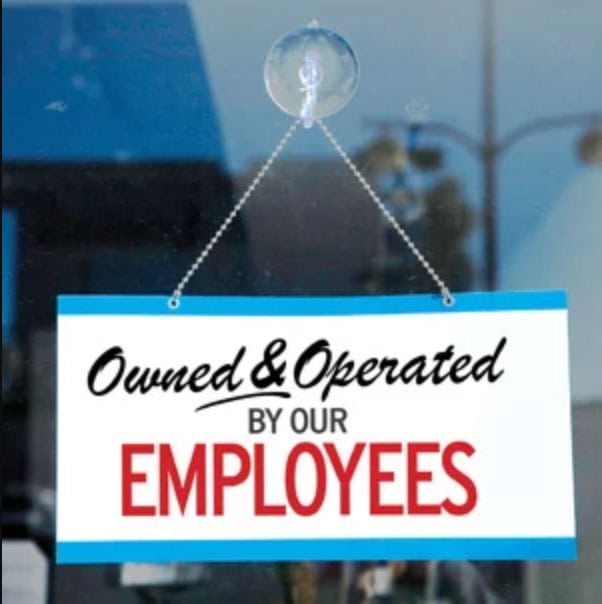
March 22, 2019; Denver Post
Democratic Colorado Governor Jared Polis “is taking action on one of his top economic development priorities—promoting employee ownership of businesses and companies in the state,” reports Aldo Svaldi in the Denver Post. Polis, Svaldi notes, when he was in the US House of Representatives, was a member of the Cooperative Business Caucus.” Svaldi adds that Polis has “long supported shared-ownership models.”
Specifically, the Polis administration is putting together an Employee Ownership Center within the Colorado Office of Economic Development and International Trade, according to executive director Betsy Markey. The center, Markey says, will work with law firms and accountants to simplify the process and reduce costs associated with converting to an employee-owned model.
“It is a way to help businesses that want to be employed owned,” Markey said of the new center.
Sign up for our free newsletters
Subscribe to NPQ's newsletters to have our top stories delivered directly to your inbox.
By signing up, you agree to our privacy policy and terms of use, and to receive messages from NPQ and our partners.
John Kovacs, program analyst for the state’s Employee Ownership initiative, asserted, “We are looking to make Colorado the Delaware of employee ownership.” Delaware, for the uninitiated, is the state where a majority of US-based publicly traded companies and more than three in five Fortune 500 companies are incorporated.
As NPQ noted, two years ago, after a campaign led by the nonprofit Rocky Mountain Employee Ownership Center, Colorado’s legislature passed HB17-1214, which sets up a revolving loan program to help finance transitions to employee ownership. This fund, notes Svaldi, “can provide up to $10,000 towards the cost of accounting and legal services involved with forming an ESOP” [employee stock ownership plan company].
Colorado, like many communities across the country, is seeking to prepare for the threat of what has been widely labeled a “silver tsunami” of small business closures as Baby Boomers retire. As Svaldi reports, as “Baby Boomers move deeper into their golden years, many are finding that their children and family don’t want to take over. Willing buyers can be hard to find, especially in parts of the state that aren’t seeing growth.”
“This could be a game changer in rural Colorado,” said Tara Marshall, a member of the Economic Development Commission’s board of directors, which oversees the office Markey leads. Marshall, whose day job involves serving as the director of community development for the small town (population 8,000) of Trinidad, located nearly 200 miles to the south of Denver, told Svaldi about a family-owned dry cleaner that had closed after the owner failed to find a buyer. According to Marshall, seven people lost their jobs, and now the nearest dry cleaner is 87 miles away. A transition plan that would have enabled workers to buy out the owner and keep the dry cleaner open would have been a better solution for the community, Marshall explained.—Steve Dubb











